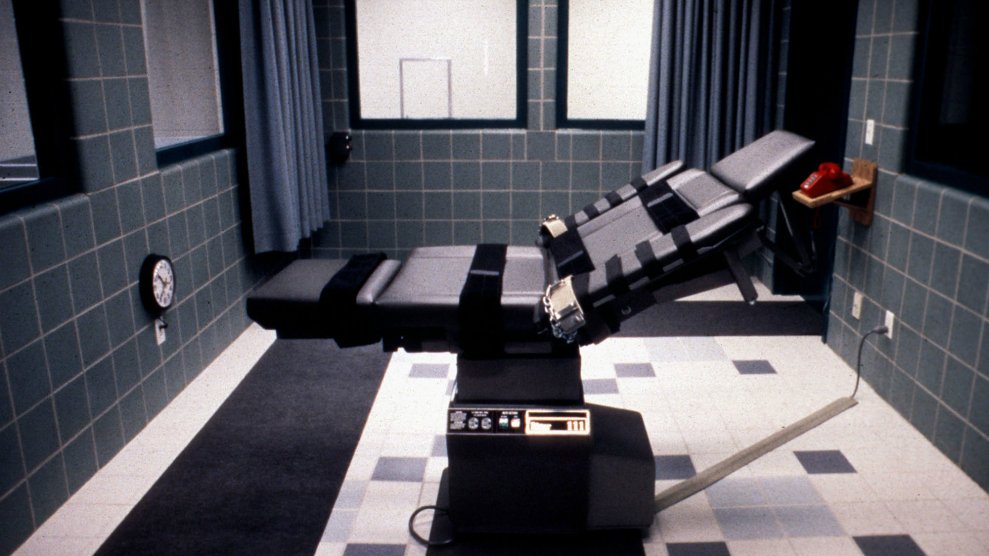
Reporter of the New York Times wrote a compelling article stating the federal government seeks the death penalty of death row inmates after a nearly two-decade hiatus, countering a broad national shift away from the death penalty as public support for capital punishment has dwindled.
Attorney General William P. Barr announced that five men convicted of murdering children will be executed in December and January at the federal penitentiary in Terre Haute, Indiana, and additional executions will be scheduled later. The announcement reversed what had been essentially a moratorium on the federal death penalty since 2003.
Prosecutors still seek the death penalty in some federal cases, including for Dylann S. Roof, the avowed white supremacist who gunned down nine African-American churchgoers in 2015, and Dzhokhar Tsarnaev, the Boston Marathon bomber. Both were convicted and sentenced to death.
President Trump has long supported the death penalty, declaring last year that drug dealers should be executed. By applying it to inmates convicted of murdering children, he may make a more politically powerful argument for it amid diminishing public support.
But public attitudes toward the death penalty have changed in the ensuing decades. Support for it went from nearly 80 percent in 1996 to a two-decade low three years ago, when just under half of Americans polled backed it for people convicted of murder, according to the Pew Research Center. Public backing of capital punishment ticked back up to 54 percent last year, the center found.
Capital punishment fell out of favor as researchers questioned whether it deterred people from committing heinous crimes and as more defense lawyers proved that their clients had been wrongfully convicted. Fewer than two dozen executions have occurred annually in the United States in recent years, down from a high of 98 in 1999, according to the Death Penalty Information Center.
Civil rights advocates have also noted the racial disparity among inmates on death row and argued that capital punishment was disproportionately applied to black men.
“The death penalty is plagued by racial bias and geographic bias,” said Cassandra Stubbs, director of the Capital Punishment Project at the American Civil Liberties Union. “Junk science has played an outsized role in who gets the death penalty and who does not,” she added, pointing to instances of experts overstating hair or fingerprint evidence in court testimony.
Please contact my office if you, a friend or family member are charged with a capital crime like murder or homicide and the Death Penalty is a possible consequence. Hiring an effective and competent defense attorney is the first and best step toward justice.






